In New York every winter there is a festival where David Byrne of the Talking Heads dances with Gogol Bordello members. Former marching band nerds crowd-surf with their horns. Hipsters mingle with gray-haired ladies. And Balkan and Middle Eastern immigrants line dance with everyone. The Golden Festival is a unique celebration of Eastern European music and dance, which incorporates the Romany community influence embedded in those cultures.
What does this winter thing have to do with what I did this summer? I’m a specialist in Romany (Gypsy) music, dance, and culture. This past summer I traveled to two festivals over three weeks to study, dance and play music. Bill Hamilton asked me to share some stories of my travels.
The first, The Pennsic War camp, is a two-week event on a private campground approximately 45 minutes north of Pittsburgh. Over 10,000 medievalists gather each year from all over the country to camp, dress in medieval clothes, re-enact battles, and learn historical arts, science, and culture. The event is divided into a “Peace Week” focused on learning and social activities and a “War Week” with combat events and competitions.
During the day, I taught Romany dances from India and Turkey, and line dancing classes from the Balkans and Greece. I gave lectures and classes on accurately representing Romany cultures from different parts of the world. Classes are held in canvas pavilions, sometimes on rough wooden platforms or on grassland by a central lake.– almost always to live music.
After dark, our Middle Eastern band of family and friends traveled across the festival to different camps to entertain people. We pulled wagons loaded with instruments across miles of dirt roads to perform in as many as three or four camps, often playing late into the nights. It is a car-free village. People at Pennsic camp in groups of 10-40 families with different themed encampments. Think Burning Man, but for medieval nerds.
Immediately after Pennsic, I traveled North to the East Coast Balkan Music and Dance Camp in the Catskills of New York for a week of intensive music lessons and dance parties. I was there to study Tupan, a large double-headed drum played with a mallet on one side and stick on the other. There are very few places in the U.S. to learn Tupan drumming. The music it accompanies is formed of odd-meter rhythms such as 7/8, 9/8 or 12/8.
A more intimate event of around 400 people, Balkan Camp focuses on both current culture and past traditions. Attendees are a mixture of Balkan and Middle Eastern scholars, musicians, dancers and even the Balkan and Romany communities, who gather at the summer camp in the mountains. Once there you can take Balkan singing classes, study dances from remote regions of Albania, or even learn to play the Gaida – a type of Macedonian bagpipe made of animal skin.
The schedule is packed. Sleep is rare, with eight hours of classes a day. Late afternoons are for band practices and evenings are filled with big dinners, followed by music performances by two or three bands. Everyone dances, from ages 8 to 80. As every song begins, a leader steps forward spinning a scarf in one hand. Lines and circles form. No matter what the size of the room, almost all join in and follow the steps. For night owls there is a late night Kaverna (cafe) at a small cabin in the woods where the music and dancing keeps going until 3 or 4 am.
These gatherings, Pennsic, Balkan camp and the Golden Festival, are re-enacting from the 16th and 17th centuries what still happens across the Middle East, Balkans, and Greece. Village celebrations start in the evening and go late into the night, sometimes until morning. Families and communities gather for a night of dancing. Traditionally, Romany families are hired to play the music. Folk instruments – clarinets, violins, kanuns, ouds and small drums – traditionally are played for seasonal village gatherings. Big Romany brass bands, including Tupans and accordions, lead weddings and other ritual celebrations.
I’ve spent most of my adult life researching and traveling to study Romany music and dance, and other folk traditions both at home and abroad. These summer festivals are a chance to share and celebrate with communities that I love. If you’d like to see our Middle Eastern band, Haflacopter, perform we will be at the Wine Collective here in Baltimore on October 16th and the Turkish Festival in D.C. on October 19th.
Golden Festival: https://goldenfest.org/ Balkan Camp: https://eefc.org/balkan-camp/east-coast-balkan-music-dance-workshop/ Pennsic: https://www.pennsicwar.org/
–Christy Fricks lives with her husband and family, all of whom engage with the band and culture, on John Street by Rutter’s Mill Park. She began as a dancer and teacher and considers herself a passionate hobbyist today.
